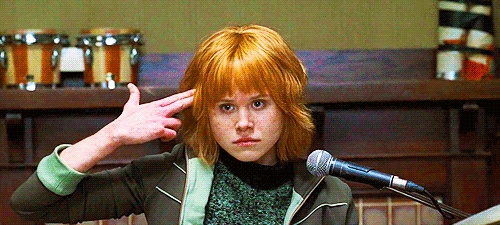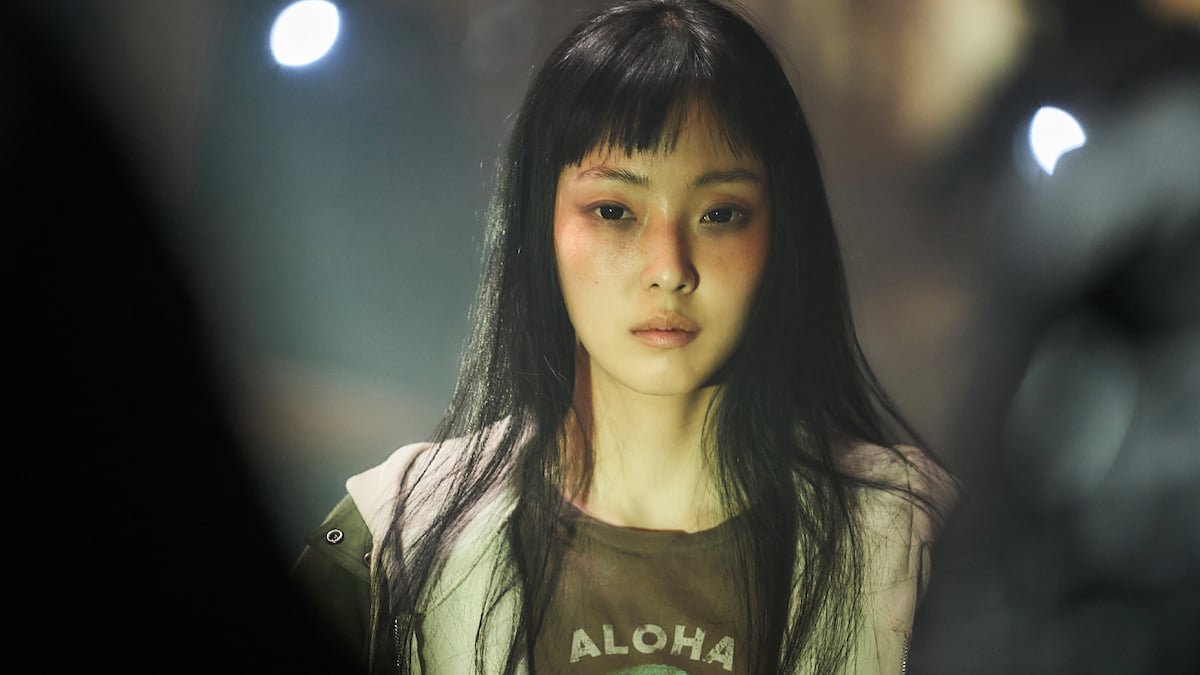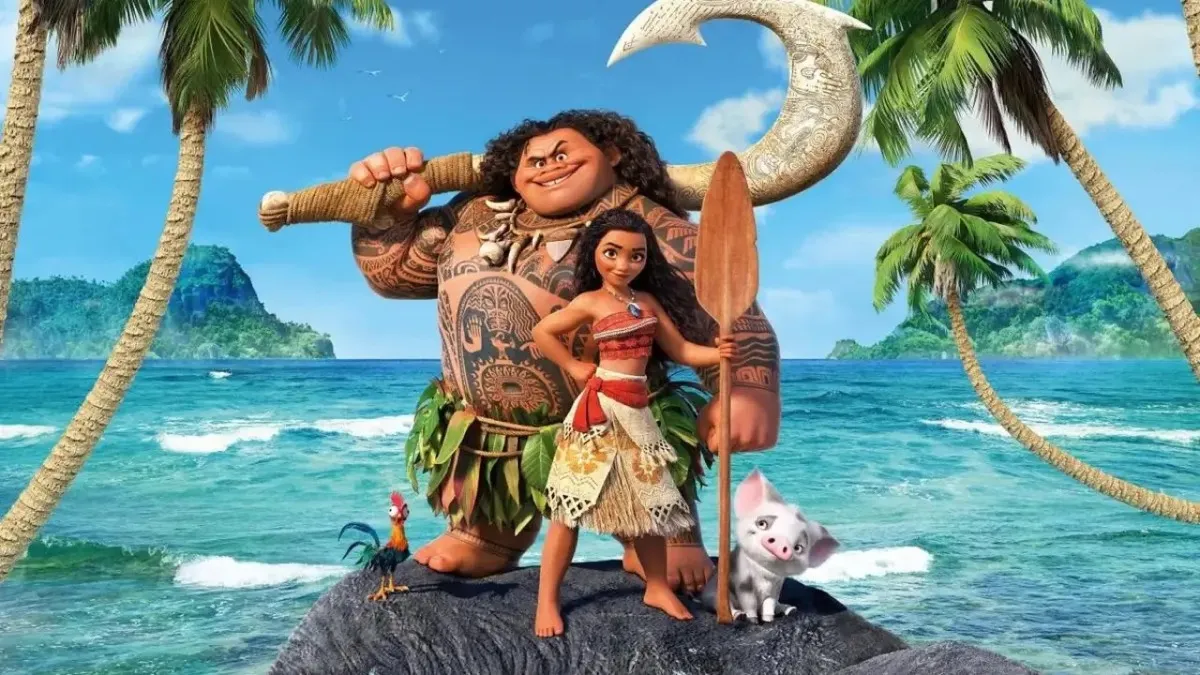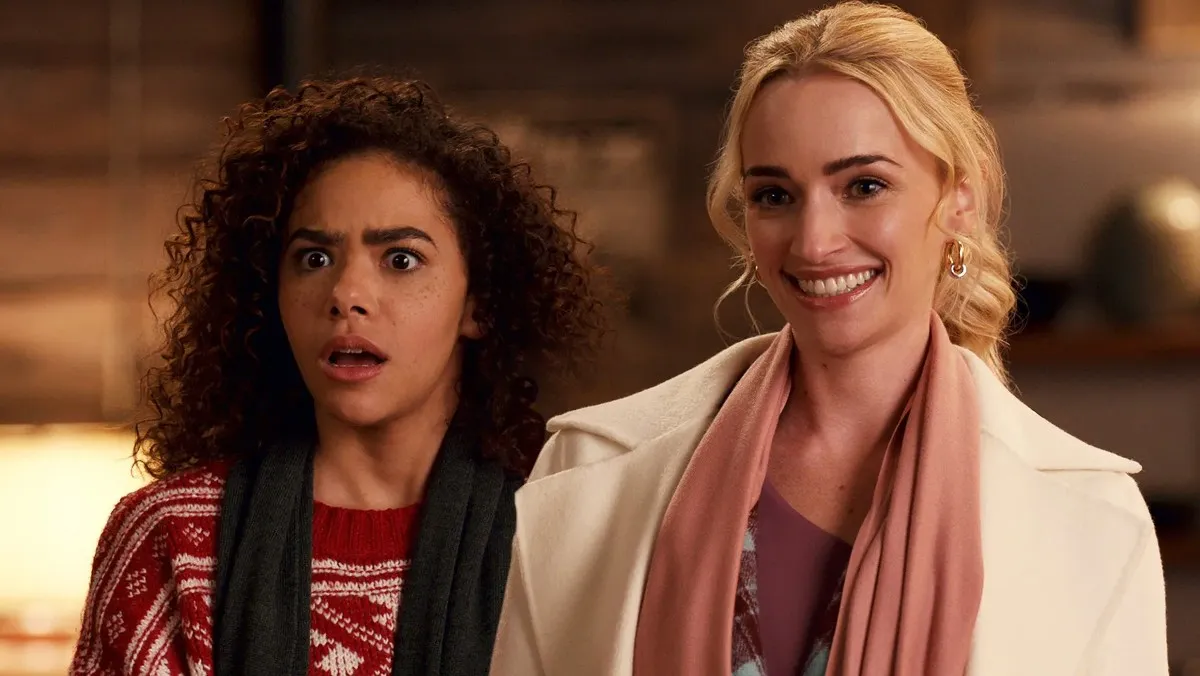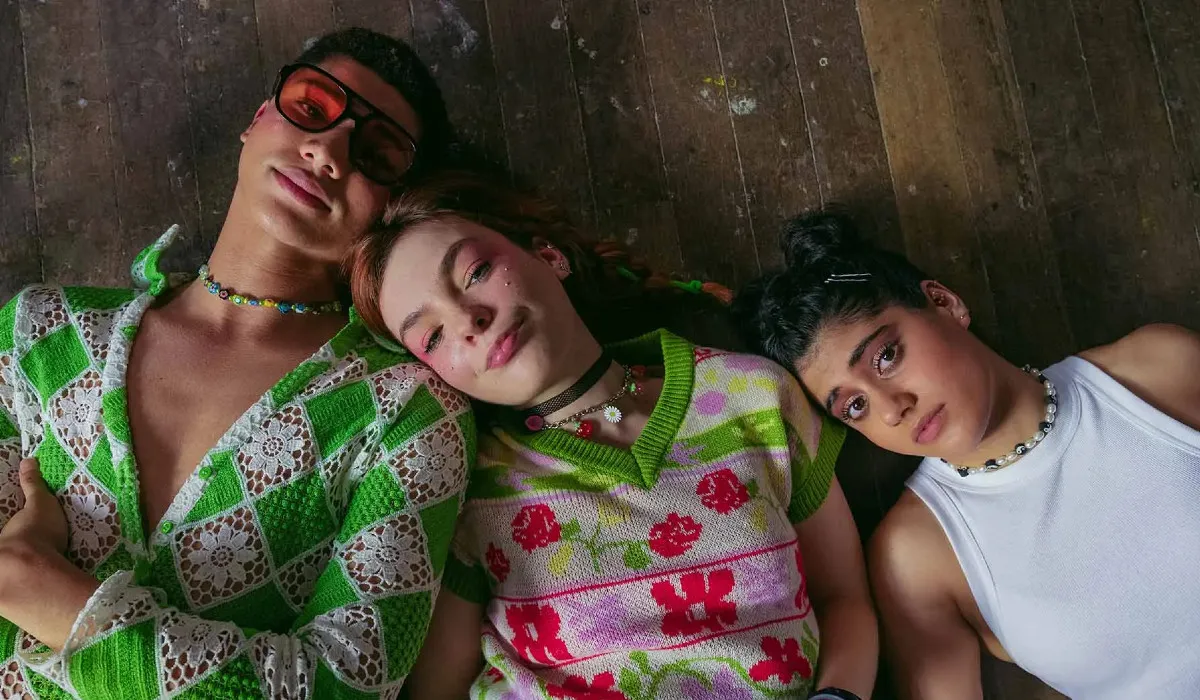There’s been a lot of hubbub this weekend over an interview published on Bleeding Cool, where Adi Tantimedh, a writer of comics and film, interviewed Alan Moore, a writer of a great many different things, over a subject that was bound to get Moore to say some inflammatory things: Watchmen, who has the rights to it, and his current relationship with DC Comics.
It should come as no surprise that Moore said some pretty inflammatory things. The post interview commentator debate seems to be between two camps: those who believe that Moore is a paranoid weirdo, and those who believe that Moore is a justifiably paranoid weirdo.
Allow us to explain.
The background of Moore’s statements all started in the 1980’s, when Watchmen and V for Vendetta appeared and became two of the most important comics to be published in that era, responsible, among a few others, for making a bunch of creators look at superheroes in an entirely different and more grown up way, as well as legitimizing the graphic novel as an art form for a great many people (and yet, not enough). Of course, no one knew that the books would be as successful as they were, and so the contract on Watchmen stated that DC would retain the rights to comic only for as long as they continued publishing it. Once they stopped producing new editions, the rights would revert to Moore.
Of course, Watchmen blew the minds of millions of superhero fans, and DC has never had a reason to release their hold over the property. DC also retains the film rights to V for Vendetta. Eventually, Moore split from the company, after writing some of the most enduring Batman, Superman, and Green Lantern stories in history. He has talked about the reasons why:
We were talking about the future of the Watchmen characters. We had been assured that we would be the only people writing them, that they wouldn’t be handed to other creators just to make a fast buck out of a spin-off series. There was a point where a highly placed person at DC did make a not terribly subtle – I think it was intended to be subtle but it wasn’t – insinuation that they would not give our characters to other writers to exploit as long as we had a working relationship with DC. It’s perhaps just me, Gary [the interviewer], but that was a threat and I really, really, really don’t respond well to being threatened. I couldn’t tolerate anyone threatening me on the street; I couldn’t tolerate anyone threatening me in any other situation in my life. I can’t tolerate anyone threatening me about my art and my career and stuff that’s as important to me as that. That was the emotional breaking point. At that point there was no longer any possibility of me working for DC in any way, shape, or form.
And this, of course, was before DC purchased the independent company that he was working for (America’s Best Comics, an imprint of Wildstorm) got the rights to The League of Extraordinary Gentlemen, began interfering with his work (destroying an entire print run and reprinting it because of the use of the word Marvel in a fake period advertisement), and optioned the property to make a terrible big budget Hollywood movie; and it was even before DC took the his two most famous seminal works and made movie adaptations against his wishes. So when, recently, DC offered to give him the rights to Watchmen back if he would okay sequels and spinoffs of the series, he told them that they could bugger off. (I only use the British term because it’s considered less vulgar in my area. I’d much rather use the American version, with it’s lovely hard consonant.)
I think we can all agree that series of events might predispose you to react a certain way towards a company, but as an artist, particularly as an artist who wants to work in superhero comics, I find the idea of this happening to me terrifying. We’d like to think that we absolved our sins, as an industry with a history of systematically underpaying and stealing the work of the very people who created the ideas that it a success, by paying Jerry Seigel and Joe Shuster a pittance for Superman. But we haven’t. Not really.
I actually admire Alan Moore’s coolness of attitude when he simply says he would like to receive no money and not have his name associated in any way with the movie adaptations of his work. In the same situation, I think I’d be at the point of setting things on fire with the very heat of my rage.
So, yeah, Moore outright states in the controversial interview that he thinks that DC threatened to refuse work to a friend of his who was going through tough financial and emotional times in order to get Moore to okay other people writing sequels and spinoffs of Watchmen. And he used pretty strong language to talk about how he has lost longtime friends who couldn’t see from his point of view regarding his relationship with DC. And he said:
But no, I wasn’t going to take the rights back at this stage after they had pretty much, in my opinion, raped what I had thought to be a pretty decent work of art. I didn’t want them throwing me back the spent and exhausted carcass of my work and certainly not under terms that would apparently allow them to go on producing witless sequels and prequels ad infinitum.
Everybody, including me on occasion, likes to make jokes about Alan Moore’s odd life of worshiping a snake god, writing Victorian erotica, having crazy hair and wearing (awesome) rings. Person to person, I’m not sure I’d be able to get a long with him, not that that will ever probably matter, but this is frequently how we judge our celebrities.
However, as an artist, I would like to firmly stake my tent in the justifiably paranoid camp. Artist to artist, I’m amazed that he can be as civil as he is regarding DC Comics. I’m amazed he wants to talk to anyone about it at all, ever. And he said in the same interview he said something which made me want to throw up the horns and high five somebody like I was at a rock concert, because I have often wondered myself why the American comics industry is still worshiping books that are roughly as old as I am:
At the end of the day, if they haven’t got any properties that are valuable enough, but they have got these ‘top-flight industry creators’ that are ready to produce these prequels and sequels to Watchmen, well this is probably a radical idea, but could they not get one of the ‘top-flight industry creators’ to come up with an idea of their own? Why are DC Comics trying to exploit a comic book that I wrote 25 years ago if they have got anything? Sure they ought to have had an equivalent idea since? I could ask about why Marvel Comics are churning out or planning to bring out my ancient Marvelman stories, which are even older, if they had a viable idea of their own in the quarter-century since I wrote those works. I mean, surely that would be a much easier solution than all of this clandestine stuff? Just simply get some of your top-flight talent to put out a book that the wider public outside of the comics field find as interesting or as appealing as the stuff that I wrote 25 years ago. It shouldn’t be too big an ask, should it? I wouldn’t have thought so. And it would solve an awful lot of problems. They must have one creator, surely, in the entire American industry that could do equivalent work to something I did 25 years ago. It would be insulting to think that there weren’t.
On the one hand, that’s a heavy gauntlet to throw down to creators, as the guy who wrote all those old books. On the other hand, he wrote all those old books.



